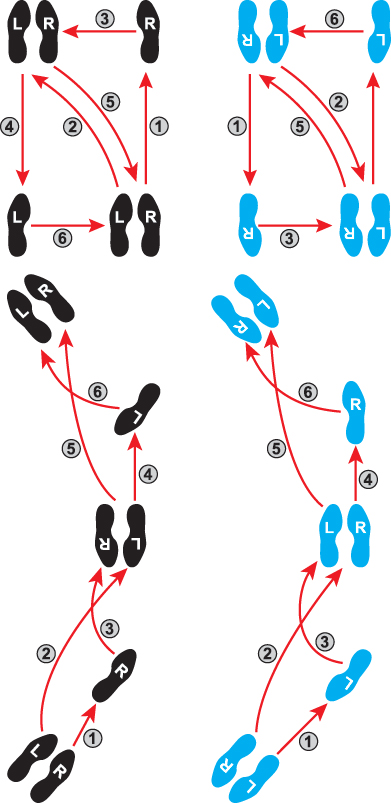Numbering Steps to FCC’s Net Neutrality Victory Dance
The smarter way to stay on top of the multichannel video marketplace. Sign up below.
You are now subscribed
Your newsletter sign-up was successful
Federal Communications Commission chairman Ajit Pai was doing something of a victory dance after a federal court said his internet deregulation generally cleared the legal bar for reasonable agency decision-making, leaving his deregulatory approach to the ’net mostly in place.

According to top FCC officials (paraphrased from a background call with The Wire and others), these were the seven key victories for the FCC in the decision by the U.S. Court of Appeals for the D.C. Circuit released on Oct. 1.
1.) The court upheld the Restoring Internet Freedom order’s reclassification of broadband internet access as a reasonable exercise of the FCC’s discretion, pointing to the Supreme Court precedent in the 2005 Brand X decision.
2.) The court said the FCC was within its discretion to rule that the DNS (domain name system) and caching functions of broadband access did not make it a telecommunications service versus an information service.
3.) The court upheld the FCC’s definition of mobile broadband as a private (Title I) service rather than a commercial service.
4.) The court said the FCC was reasonable to conclude that section 706 of the Communications Act (the FCC mandate to ensure advanced communications is being deployed in a reasonable and timely manner) was not an independent grant of regulatory authority. The previous FCC had said it was.
5.) The court upheld the FCC’s advanced transparency rule, which ensures that the blocking, throttling and paid prioritization allowed under the order are disclosed to customers. That is how the FCC, Justice Department and Federal Trade Commission can together monitor ISP conduct for anticompetitive actions.
The smarter way to stay on top of the multichannel video marketplace. Sign up below.
6.) The court held the FCC’s decision to eliminate the rules was reasonable because the harms the rules had been designed to prevent could be addressed with that transparency and antitrust oversight.
7.) The court said the FCC’s contention that reclassifying broadband access would boost broadband investment — agency critics had branded that as bogus — was based on “substantial evidence.”
Contributing editor John Eggerton has been an editor and/or writer on media regulation, legislation and policy for over four decades, including covering the FCC, FTC, Congress, the major media trade associations, and the federal courts. In addition to Multichannel News and Broadcasting + Cable, his work has appeared in Radio World, TV Technology, TV Fax, This Week in Consumer Electronics, Variety and the Encyclopedia Britannica.

